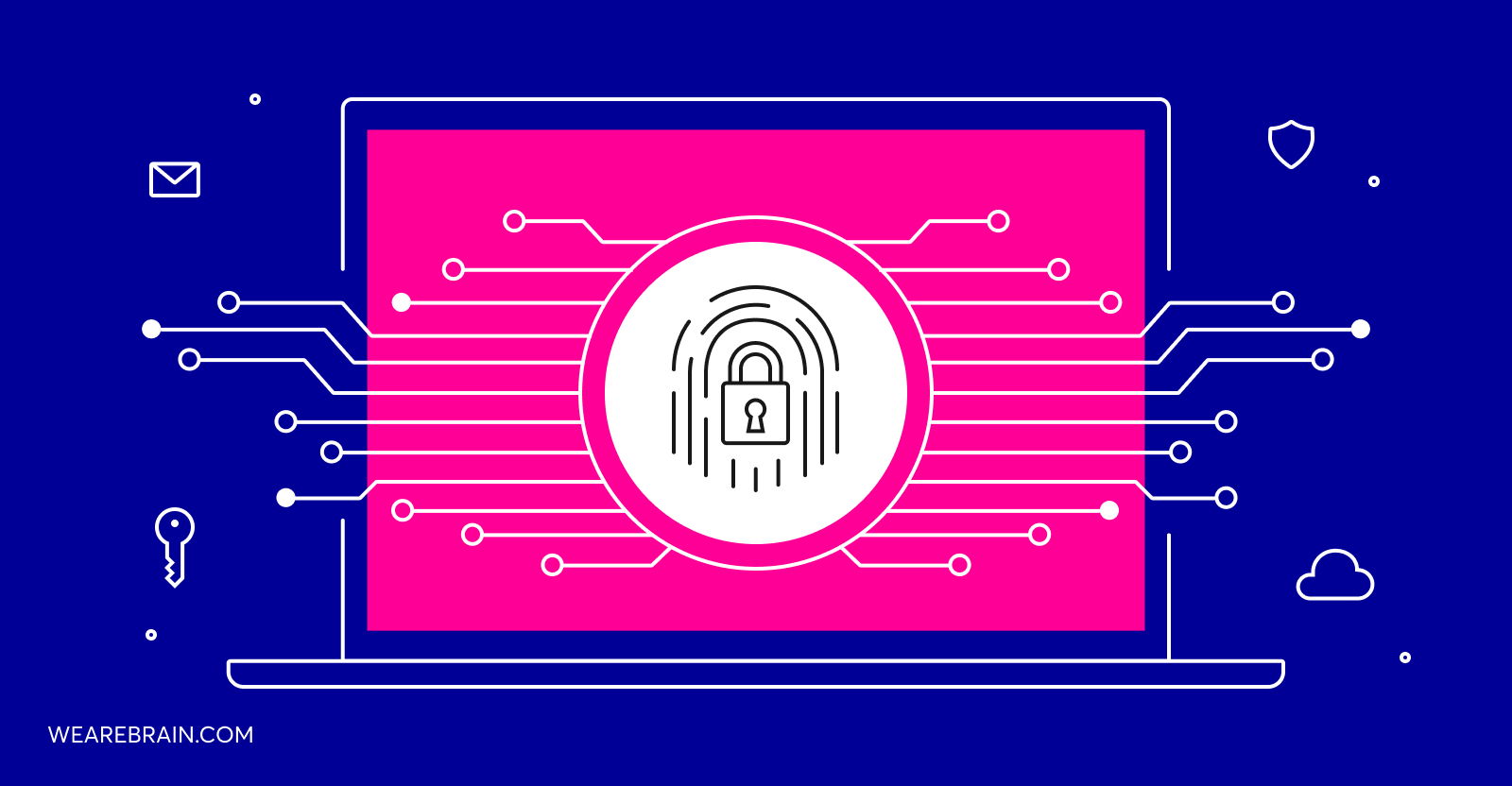5 cybersecurity must-haves for small businesses

Small businesses face many challenges on a daily basis but few are quite as potentially damaging as cyberattacks. Smaller companies don’t have the resources for sophisticated security infrastructures that large corporations rely on to fight against nefarious online threats. Additionally, small-to-medium sized businesses are more likely to outsource their cybersecurity which can potentially further their risk as third-party vendors can also fall victim to cybercrime.
Hackers are interested in entities that possess money and valuable data/information and unfortunately, small businesses that aren’t equipped with sufficient cyber protection are easy targets. The impact of cybersecurity breaches can range from financial losses to acute reputational damage — both of which may be difficult to recover from.
But there is good news: even the most basic cybersecurity strategies are enough to repel most hackers. When met with a number of security obstacles, the majority of cybercriminals will move on to easier targets than spend time overcoming them.
Here are 5 cybersecurity must-haves for small businesses that will help prevent potential cyberattacks.
1. Allocate a cybersecurity budget
Unfortunately, the majority of small businesses don’t have a lot of resources to spend on cybersecurity — if at all. There always seem to be other more immediate priorities that take budget preference as opposed to cybersecurity. However, a breach in cybersecurity can potentially cripple a small business financially overnight, so it is crucial that managers allocate a dedicated cybersecurity budget.
The equation is simple: how much would your business stand to lose if your data was stolen? When faced with this prospect, it should be clear that resources are required to outsource cybersecurity or invest in an in-house cybersecurity team that will secure your data.
2. Train your employees
According to research, over 40% of data breaches are due to employee error. Some employees may carelessly lose a laptop containing sensitive data and login details to business networks or open a fraudulent email resulting in a virus that creates a data breach.
To protect against potential internal threats, it is important to invest in cybersecurity awareness training for your employees. Educating your team about the variety of ways cybercriminals can access business data and ways in which to identify and prevent them is crucial in creating a human-centric line of defence.
To help secure your business from within, try to create a culture of cybersecurity awareness in the office that encourages your team to instinctively protect your company’s information. Ensure regular password changes and rewards programs that incentivise employees to find ways to improve cybersecurity in the office (reporting suspicious emails, etc.). Awareness is a key driver for internal cybersecurity initiatives.
3. Apply regular software updates and security patches
One of the most common ways hackers are able to gain access to your computer network is through flaws in outdated applications that have security vulnerabilities. Unfortunately, many small businesses seldom update their devices and software, leaving them vulnerable to cyberattacks.
In order to combat this, commit to encouraging your employees to regularly update and upgrade the software your business uses. Ensure your team members are given enough education and awareness to be able to install the necessary software updates and security patches for apps and operating systems as soon as they become available.
4. Virtual Private Networks (VPN)
Virtual private networks are a simple and affordable solution for securing your business’s sensitive information. VPNs encrypt all traffic entering and leaving your network through smart devices. This means that if a hacker manages to gain access to your information, all they will receive is encrypted data which is useless to them.
5. Regular data backups
If your business ever falls victim to a cyberattack, your precious data could either be compromised or deleted. This could potentially ruin your business to the point where you may never fully recover. This is why regular and consistent backups of your data are crucial.
Create a data backup program that automatically copies your files to storage, that way you can restore your information based on your latest backup in the event of an attack. There are backup programs available that allow you to schedule or automate the backup process which ensures continuous and reliable data safety and storage measures.
We recommend having multiple backups of your business’s data (because you can never be too protected). This can come in the form of a cloud, alternative network, or physical hard drive backups that can safeguard your data not only against cyberattacks but also natural disasters or silly ones, like a broken water pipe in the office that happens to leak on your entire business network.
Summary
Unfortunately, many small businesses are considered low-hanging fruit for cybercriminals because of their lack of security measures as a result of insufficient resources and/or awareness. Thankfully, there are ways for businesses to safeguard their data to fight against hackers looking to gain access to sensitive information. Follow these 5 steps and your business will already be far more secure than most to keep your data out of the hands of cybercriminals.
Jack Myasushkin
Working Machines
An executive’s guide to AI and Intelligent Automation. Working Machines takes a look at how the renewed vigour for the development of Artificial Intelligence and Intelligent Automation technology has begun to change how businesses operate.







